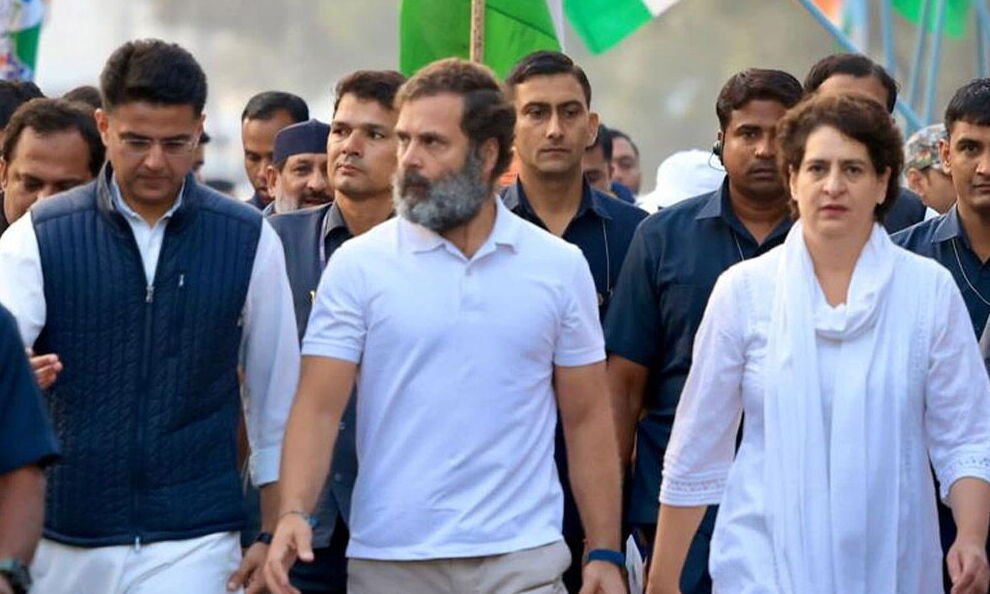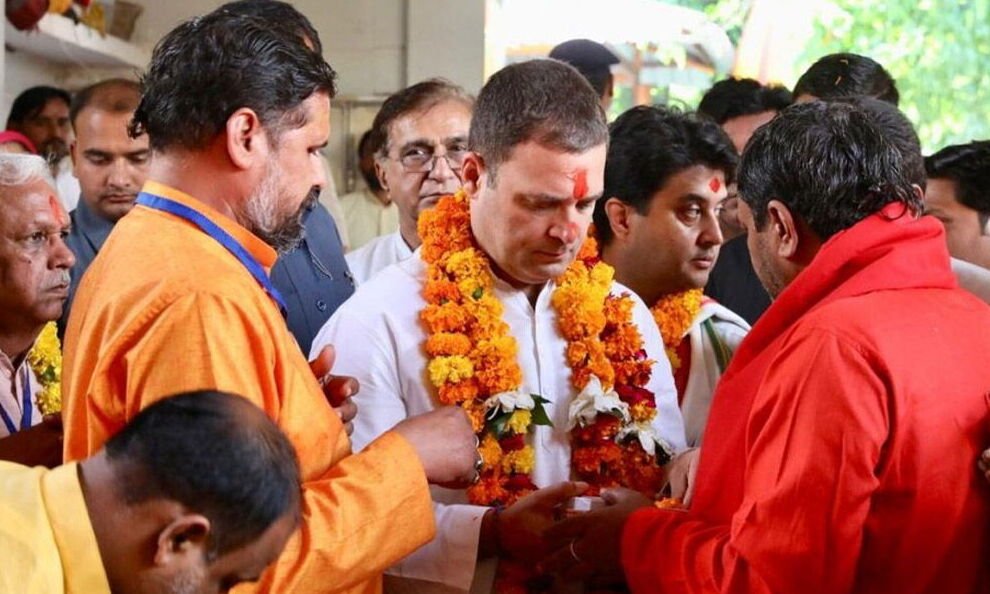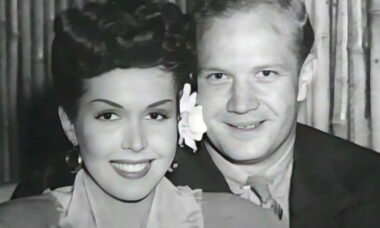Business Achievements
Faredoon Jehangir Ghandy was a notable early 20th-century colonial shipping marine engineer. After extensive technical training in Bombay, he joined Killick, Nixon & Co., a leading British shipping company in India. He was promoted to warrant engineer for his steamship mechanics skills and ability to manage crucial repairs and operations on long-haul journeys. He led onboard technical teams, optimised engine performance, and assured vessel reliability, which affected the company’s fleet’s efficiency and profitability.
His early 1920s death ended his career, but Ghandy was one of the most esteemed Indian engineers in colonial marine circles. His exploits showed Parsi technical prowess and improved naval engineering on the subcontinent’s major commercial routes. Later Indians took technical leadership roles in multinational shipping companies thanks to Ghandy’s expertise.
Factors Behind His Success
Ghandy’s rapid rise to warrant engineer can be attributed to three key factors:
-
Technical Expertise He had a full education in engineering and showed that he was quite good at steam propulsion systems. His skills moved beyond basic maintenance to include advanced diagnostics and emergency fixes, which made British bosses trust him.
-
Community Networks Ghandy was a part of Bombay’s powerful Parsi community, which valued Western education, trade, and maritime culture. Community-sponsored scholarships and professional ties helped him get into high-quality training programs and jobs.
-
Personal Drive and Adaptability To do well in a business world dominated by British companies, you needed more than just technical skills. You also needed to be able to adapt to different cultures and lead. Ghandy’s ability to lead multicultural engineering teams in difficult situations showed how strong and ambitious he was as a professional.

Prominent Family Figures
After Faredoon Jehangir Ghandy, his descendants and relatives shaped India’s political, scientific, and social landscape:
-
Feroze Gandhi (Son) Rose to fame as a freedom fighter, a member of parliament, and the creator of a newspaper. He fought for press freedom and parliamentary scrutiny, making National Herald and Navjivan important newspapers.
-
Dorab Ghandy (Son) As an agricultural scientist for Uttar Pradesh, contributed to early state-led agricultural research and rural development.
-
Indira Gandhi (Daughter‑in‑Law) First and only female Indian Prime Minister (1966–77, 1980–84). Her term saw major agriculture, industry, and international relations policy reforms.
-
Sanjay Gandhi (Grandson) Influenced national politics in the 1970s via urban development and youth outreach programs.
-
Rajiv Gandhi (Grandson) Following Indira Gandhi as Prime Minister (1984–89), emphasised technology modernisation, telecommunications development, and administrative reforms.
These individuals continued Ghandy’s legacy by showing how technical achievement and community engagement can spark diverse national leadership.
FAQ
What were Faredoon Jehangir Ghandy’s primary business achievements?
He became a warrant engineer at Killick, Nixon & Co., where he was in charge of steamship operations, maintenance procedures, and engineering teams. These were all important jobs for the company’s marine efficiency and profitability.
What factors contributed to his professional success?
Advanced technical training, Bombay’s Parsi community networks’ backing, and adaptation in a British-dominated business environment contributed to his success.
Which family members achieved prominence after him?
His son Feroze Gandhi became a well-known journalist and politician. His other son Dorab Ghandy helped improve agricultural science at the state level. His relatives Indira, Sanjay, and Rajiv Gandhi all held or had a lot of political power in India.



